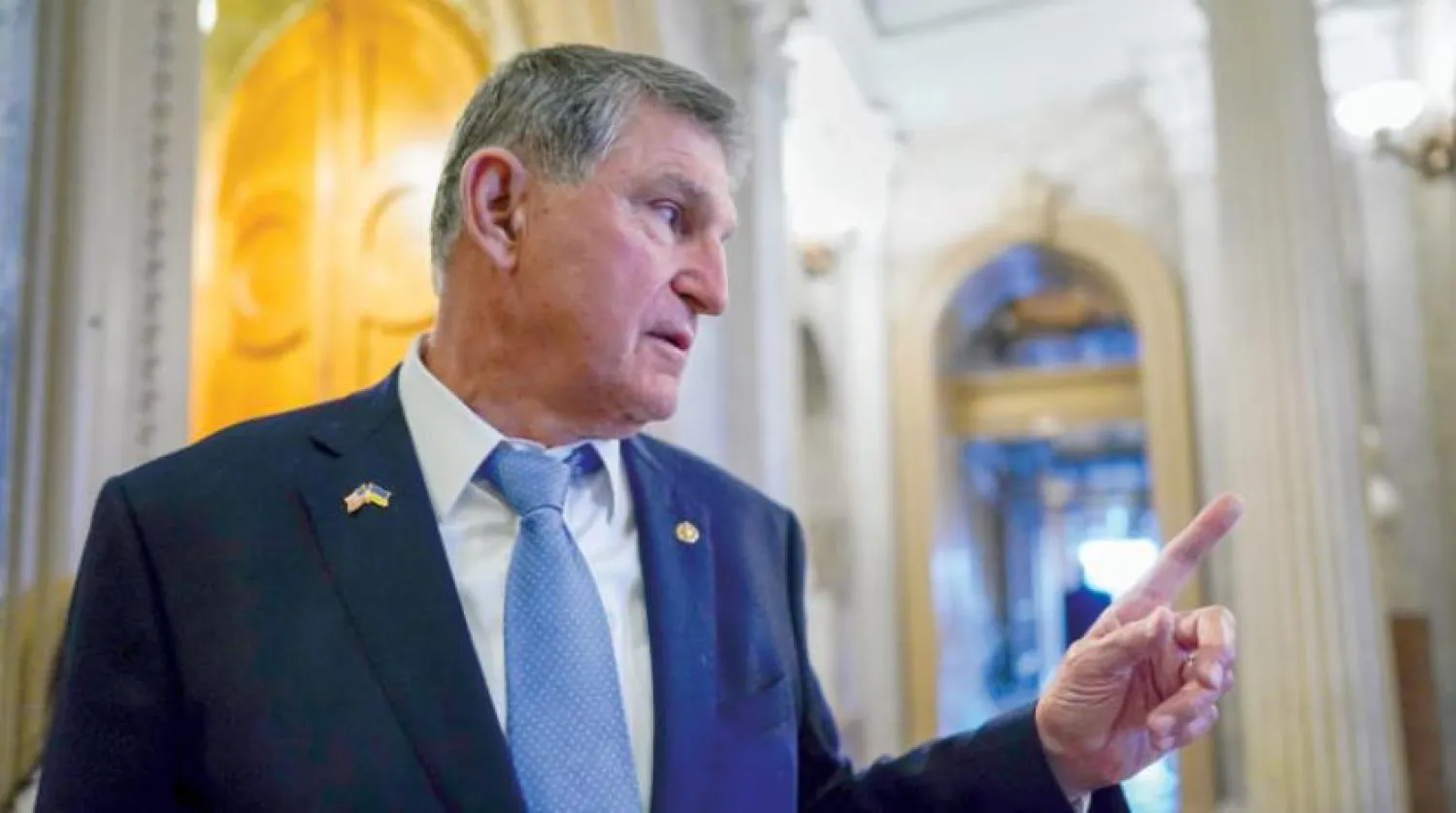Democratic lawmakers are increasingly growing their opposition to the ongoing negotiations with Iran over its nuclear program after an apparent reluctance to publicly criticize the US administration during the negotiations that began more than a year ago.
US Senator Joe Manchin detailed his concerns with the ongoing negotiations between the Biden Administration and Iran.
He urged Secretary of State Antony Blinken to maintain the current sanctions and refrain from removing the Revolutionary Guard Corps (IRGC) from the State Department's Foreign Terrorist Organization list.
Manchin wrote a letter to Blinken saying he remains "very concerned about your ongoing negotiations with Iran regarding a return to the Joint Comprehensive Plan of Action (JCPOA) and request a detailed briefing on the status of those talks."
The Senator announced his support for Biden's commitment to re-engaging Iran in diplomacy, saying: "We should not reward Iran with sanctions relief before they demonstrate verifiable efforts towards curbing their malign influence," including their "nuclear ambitions, terrorism financing, and dual-use weapons development."
Democrats, such as Manchin, are probably prompted to publicly express their opposition to the negotiations after reports about the possibility of lifting the IRGC from the Foreign Terrorist Organization list.
"Let me be clear. The IRGC is a terrorist organization," reiterated Manchin.
"We must not be shortsighted in the use of sanctions relief to mitigate our present energy challenges. Sanctions are our primary leverage to facilitate agreements on halting malign Iranian actions and should not be used to achieve non-strategic objectives. […] We cannot and should not look to Iran to solve our energy problems."
Other members of Congress agree with this position, notably the Senate Foreign Relations Committee Chairman, Bob Menendez, who previously affirmed his opposition to any efforts to remove the terrorist designation on the IRGC.
Some lawmakers reported that the administration was considering removing the IRGC from the terror list while keeping the Quds Force, which they also oppose.
The US administration sought to appease fears, and State Department spokesman Ned Price said at a press briefing that "if Iran wants sanctions-lifting that goes beyond the JCPOA, they'll need to address concerns of ours that go beyond the JCPOA."
Earlier, Blinken indicated that the administration was hardening its position against removing the designation, describing the IRGC as a "terrorist organization."
"I'm not overly optimistic at the prospects of actually getting an agreement to the conclusion," he told NBC News.
The Washington Post also quoted a US official that the President does not intend to delist the IRGC.
Lawmakers warn that strained relations with Russia will push the US administration to make more significant concessions to Tehran in negotiations, which Russia is mediating.
Bipartisan opponents of removing the designation point out that Iran will use the funds to support terrorism in the region.
Republican Senator Jim Risch has estimated the funds to be about $130 billion.
US researchers warn that the Iranian government will not allocate this money to its people but rather to arm its militias and launch attacks in the region, adding that the Kremlin will benefit financially from the agreement.









